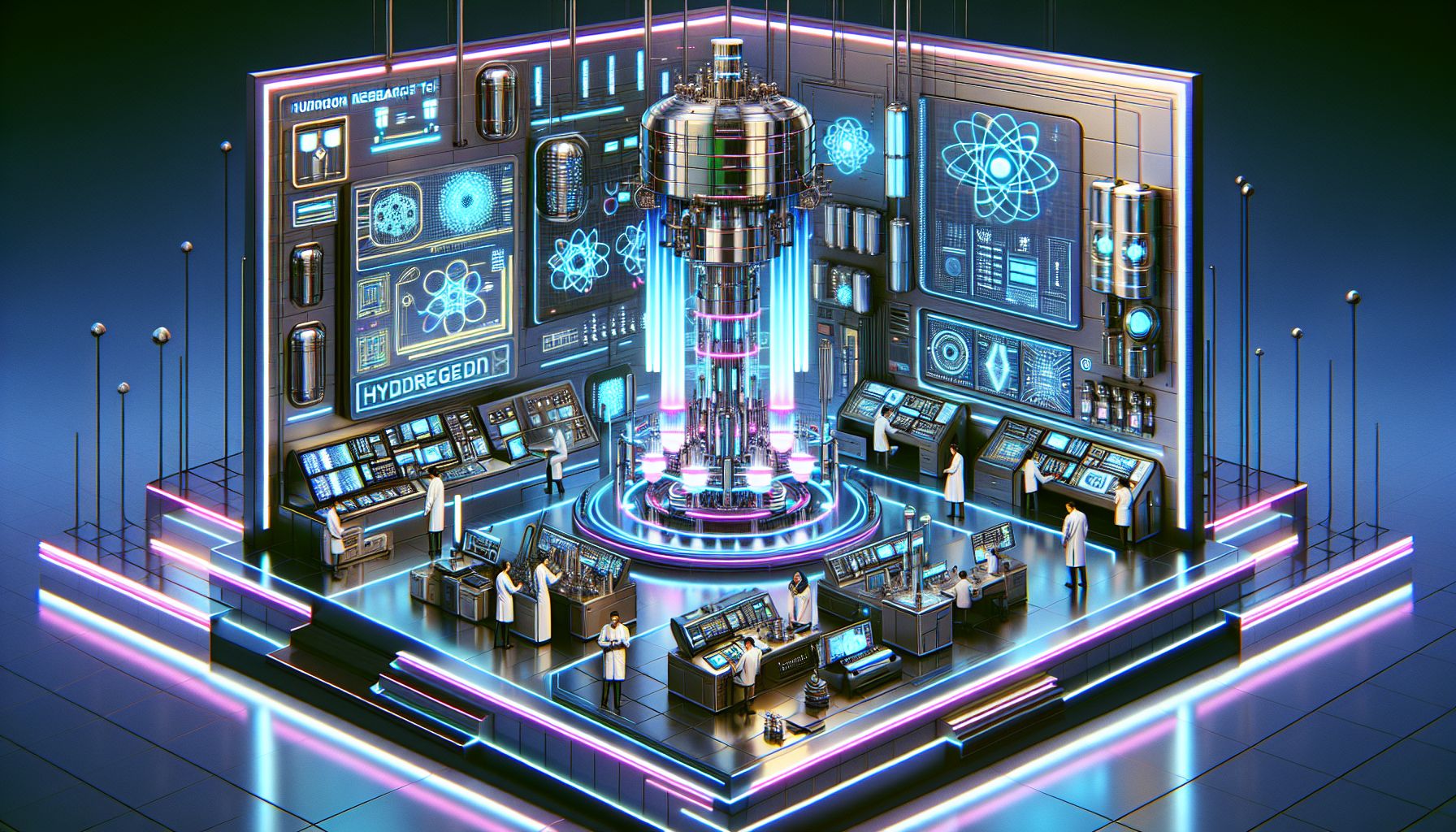Hydrogen Research Shines in Scientific Advancements

Global, Tuesday, 18 February 2025.
Hydrogen research trends detailed in the International Journal of Hydrogen Energy unveil pivotal technical progressions. These insights spell opportunities for academics and industry to innovate hydrogen technologies, ensuring a cleaner future.
Latest Research Breakthroughs
I’m excited to share that just today, the International Journal of Hydrogen Energy published groundbreaking research on thermodynamic analysis of hydrogen in municipal waste systems [1]. This comes alongside three other significant studies released yesterday, including innovative approaches to PV-hydrogen integration and electrocatalysis developments [1]. As your guide through these developments, I find particularly fascinating how researchers are tackling real-world applications, from waste management to power systems.
Global Industry Momentum
The momentum in hydrogen research isn’t limited to laboratories. I’ve been tracking major industry developments, including an exciting agreement signed last week between the Yamanashi Prefectural Government and SGH2 Energy to develop a carbon-negative hydrogen facility near Mount Fuji [5]. Meanwhile, Germany has made headlines by announcing a policy shift away from company-specific renewable hydrogen targets, opting instead for support mechanisms to achieve their goals [6]. This reflects a broader trend of governments fine-tuning their approach to hydrogen adoption.
Asia Pacific Takes the Lead
Looking at the Asia Pacific region, I’m noting remarkable progress in energy transition initiatives. In 2024, we saw clearer carbon capture policies emerge in Indonesia, Malaysia, and Australia, while Japan and South Korea strengthened their positions as key facilitators of hydrogen adoption [4]. One particularly impressive milestone was Japan’s successful trial of the world’s first low-temperature liquefied CO₂ carrier [4]. In parallel, Plug Power has announced plans for multi-gigawatt electrolyzer projects in India [7], signaling growing confidence in the Asian market.
Research Community Response
The academic community is responding robustly to these industry developments. Just yesterday, new research emerged focusing on high-entropy metal phosphides as cost-effective electrocatalysts [1], while the Journal of Energy Chemistry published three key articles on hydrogen technology [8]. I’m particularly intrigued by the upcoming Reuters webinar scheduled for February 27, which will explore how Mitsubishi Power is revolutionizing grid reliability through hydrogen integration [2].
Future Outlook
From my analysis, we’re witnessing a pivotal moment in hydrogen technology development. Recent research from Türkiye suggests promising green hydrogen production potential at costs between 1.2 and 1.6 USD/kg [3]. With the EU aiming for hydrogen to meet approximately 14% of total energy needs by 2050 [3], these developments couldn’t come at a more crucial time. The combination of academic research, industry initiatives, and government support is creating a robust foundation for hydrogen’s role in our energy future.
Bronnen
- www.sciencedirect.com
- h2fcp.org
- www.sciencedirect.com
- www.woodmac.com
- www.powermag.com
- www.icis.com
- www.powermag.com
- www.sciencedirect.com